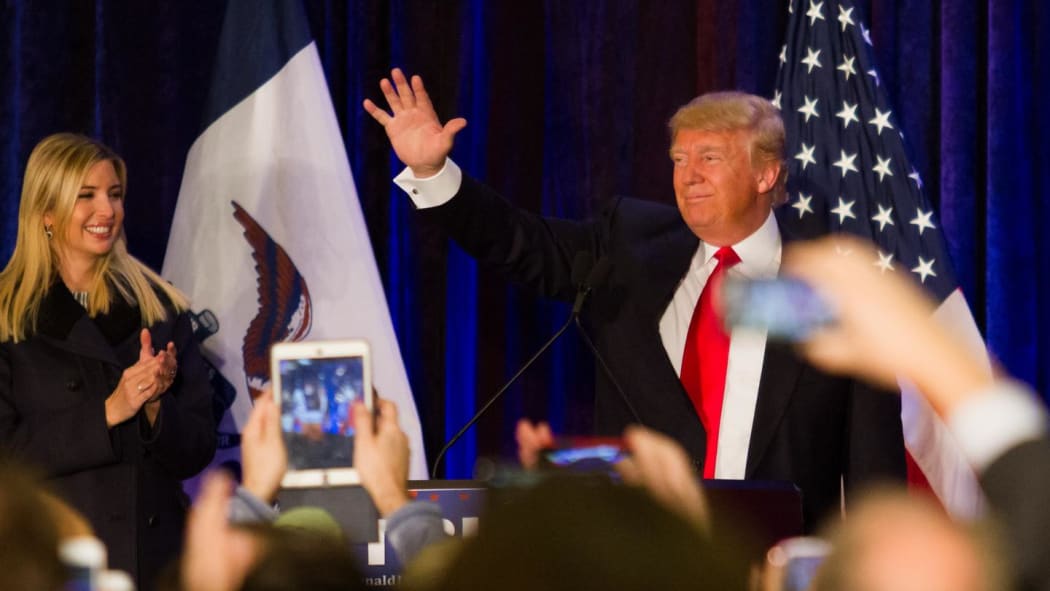Our weekly recap highlighting the best feature stories from around the internet.

Photo: Source: Motherboard
The Data That Turned the World Upside Down, by Hannes Grassegger and Mikael Krogerus, Motherboard
"The world has been turned upside down. Great Britain is leaving the EU, Donald Trump is president of the United States of America. And in Stanford, Kosinski, who wanted to warn against the danger of using psychological targeting in a political setting, is once again receiving accusatory emails. “No,” says Kosinski, quietly and shaking his head. “This is not my fault. I did not build the bomb. I only showed that it exists.”"
Refugees are already vigorously vetted. I know because I vetted them, by Natasha Hall, The Washington Post
“During nearly four years as an immigration officer with Homeland Security, I conducted in-person interviews with hundreds of refugees in 10 countries from 20 different nationalities. I have had countless refugees break down crying in my interview room because of the length and severity of the vetting process. From that experience and numerous security briefings, I can affirm that whoever wrote Trump’s executive order blocking refugees from the United States is wholly unfamiliar with the U.S. immigration system, U.S. laws, international law and the security threats facing our nation.”
What Does The Raised Fist Mean In 2017?, by Niela Orr, Buzzfeed
“In a world that appropriates and mutates every symbol until it’s reduced to a sad, emojified shadow of its former self, how will this vital symbol of strength in the face of oppression (or even total annihilation) retain its intensity? The hope is that it does not become just another peace sign or smiley face, the kind of symbol that adorns Mini Cooper bumpers and preteen earrings.”
Contemplating the Absence: Children's Grief and Art, by Eloise Callister-Baker, The Pantograph Punch
“Children who are grieving, just like adults, need “solidarity with other children or young people who have a fairly good idea of what they’re going through,” says Smith. She describes her own childhood home to me as being very open, “like Grand Central Station for young people.” But when her dad died, she says she felt like she had leprosy. “Suddenly no one would come round, no one would talk about my father. I just wanted the odd person to acknowledge him, not to act like nothing had ever happened.”’
Kellyanne Conway When the Cameras Aren't Rolling, by Kristen Mascia, Cosmopolitan
“How does Conway — loving mom, devoted friend, appealing person in close quarters — square her conscience each day with what it is she’s signed on to do: explain away the actions of a man who’s been accused of fraud, sexual assault, collusion with Russia; who leveraged for his own political gain the hatemongering movement of the white supremacist "alt-right"; who’s given a climate change skeptic the keys to the Environmental Protection Agency and an oil-rich billionaire cozy with Vladimir Putin the vaunted role of secretary of state; who bullies the press, women, minorities; the list goes on? How and why does Conway do it?”
How to Build an Autocracy, by David Frum, The Atlantic
“Trump will try hard during his presidency to create an atmosphere of personal munificence, in which graft does not matter, because rules and institutions do not matter. He will want to associate economic benefit with personal favor. He will create personal constituencies, and implicate other people in his corruption. That, over time, is what truly subverts the institutions of democracy and the rule of law. If the public cannot be induced to care, the power of the investigators serving at Trump’s pleasure will be diminished all the more.”

